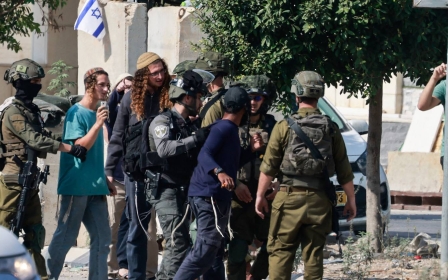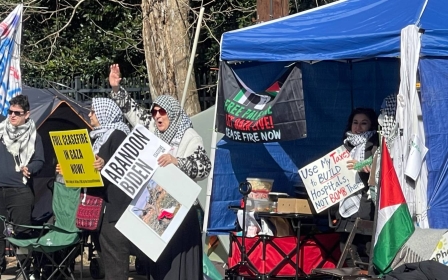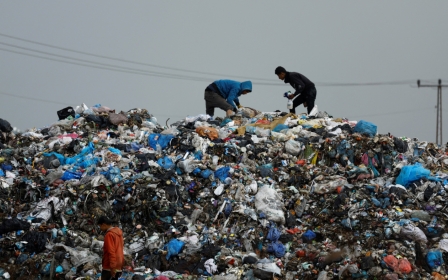War on Gaza: Case against Biden dismissed but US judge says it's 'plausible' Israel is engaging in genocide
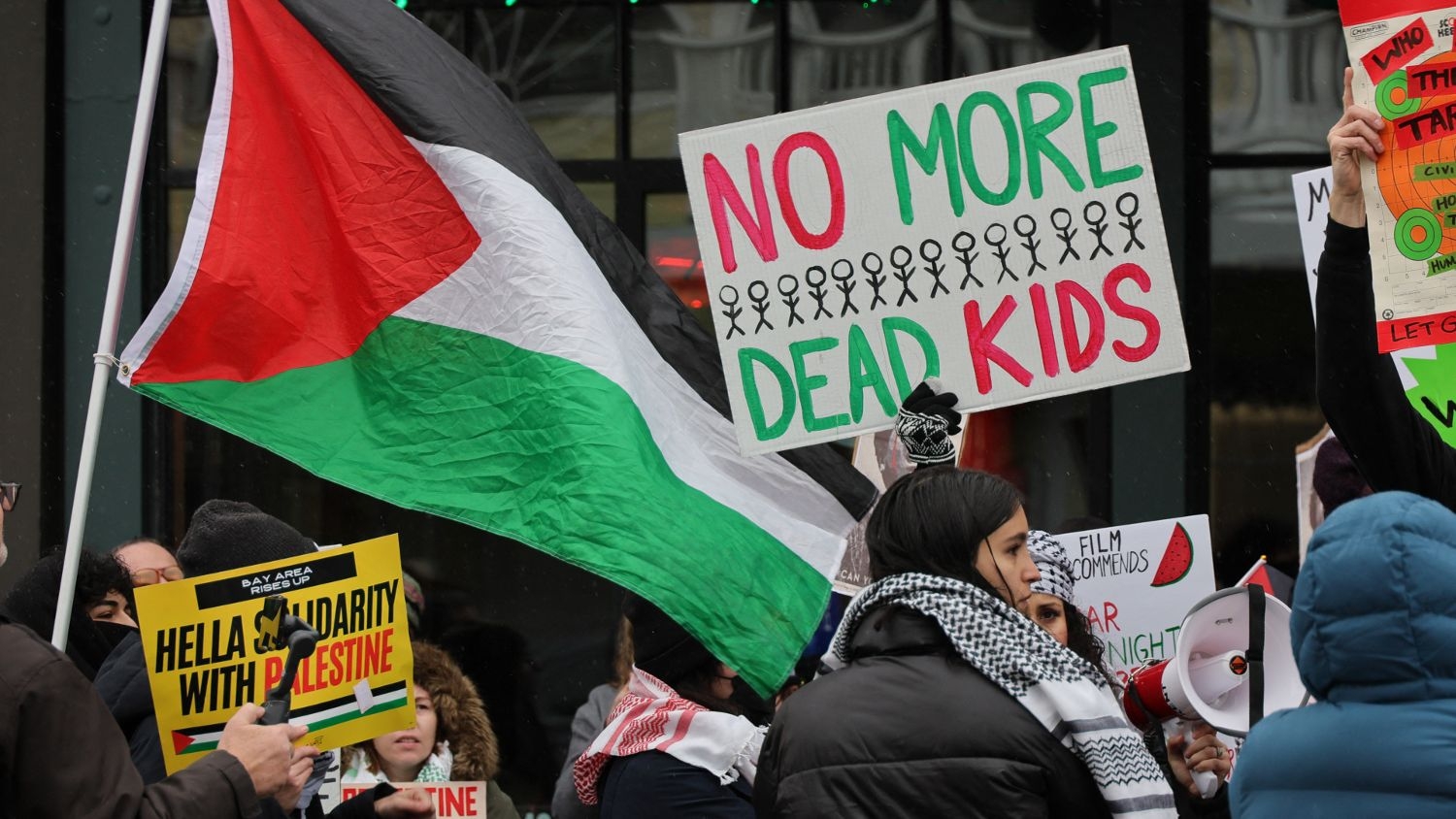
A US federal judge in Oakland has dismissed a lawsuit accusing the Biden administration of failing to prevent a genocide in Gaza, but in the same ruling said that Washington should stop its unremitting and fervent support for the Israeli siege on Gaza.
The ruling by Judge Jeffrey White, who had dismissed the case because the court did not have jurisdiction over the issue, was a legal blow to the Palestinian plaintiffs' months-long battle to halt US support for Israel's war in Gaza, with part of the lawsuit including a demand that Washington halt relevant military assistance to Israel.
The plaintiffs and their lawyers noted that the judge's inclusion of a recognition that there was evidence to support Israel was committing genocide in Gaza was a historic moment.
“As the ICJ has found, it is plausible that Israel’s conduct amounts to genocide,” Judge White said.
Katherine Gallagher, senior staff attorney with the Center for Constitutional Rights, said the Biden administration should "heed" the judge's call and said they would continue to pursue all legal avenues.
New MEE newsletter: Jerusalem Dispatch
Sign up to get the latest insights and analysis on Israel-Palestine, alongside Turkey Unpacked and other MEE newsletters
“The court affirmed that what the Palestinian population in Gaza is enduring is a campaign to eradicate a whole people – genocide – and that the United States’ unflagging support for Israel is enabling the killing of tens of thousands of Palestinians and the famine facing millions,” Gallagher said.
"While we strongly disagree with the court’s ultimate jurisdictional ruling, we urge the Biden administration to heed the judge’s call to examine and end its deadly course of action. Together with our plaintiffs, we will pursue all legal avenues to stop the genocide and save Palestinian lives," she added.
But for many of the plaintiffs who are either in Gaza or have family there, anything short of stopping Israel's assault is a disappointment.
"It is important that the court recognised the United States is providing unconditional support to Israel’s ongoing genocide in Gaza and that a federal court heard Palestinian voices for the first time, but we are still devastated that the court would not take the important step to stop the Biden administration from continuing to support the slaughter of the Palestinian people," Mohammed Monadel Herzallah, one of the plaintiffs, said in a statement.
"Currently, my family lacks food, medicine, and the most basic necessities for survival. As Palestinians, we know this is a hard struggle, and as plaintiffs we will continue to do everything in our power to save our people’s lives."
'Nothing left but grief'
The lawsuit was originally filed on 13 November by a group of Palestinians with help from the Center for Constitutional Rights and the law firm, Van Der Hout, LLP.
The filing accused the administration of failing to "prevent an unfolding genocide" against Palestinians in Gaza amid Israel's military assault on the besieged enclave. At the time of the filing, Israel had killed around 11,000 Palestinians, mostly women and children.
The death toll has now surpassed 27,000 Palestinians, with the majority of those killed women and children.
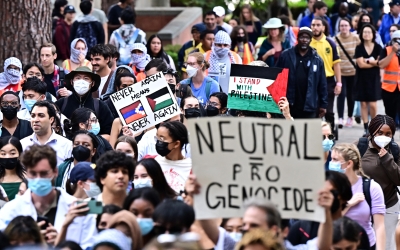
Last Friday, despite multiple attempts by the Biden administration to have the case dismissed, the court allowed a public hearing for the case.
Some of those who testified spoke directly from Gaza, including Omar al-Najjar, a doctor who spoke from a hospital in Rafah in the southern region of the enclave.
"I have nothing left but my grief … They weakened us for years and continued to unleash bullets and missiles on our lifeless bodies," said Najjar, who was the first among several Palestinians who testified.
Following the hearing, Judge White lamented that the case was "the most difficult case" he had ever presided over.
"In 27 years, this is the most difficult case to have come before this court in terms of facts and law," he said. "Testimonies we heard were horrifying and gut-wrenching."
"To the [Palestinian] witnesses we heard today... I say you have been seen and heard… I will study your testimonies and the law and fulfill my constitutional obligation… this is the most difficult judicial decision in my life and I will take it with the utmost seriousness."
Middle East Eye delivers independent and unrivalled coverage and analysis of the Middle East, North Africa and beyond. To learn more about republishing this content and the associated fees, please fill out this form. More about MEE can be found here.


